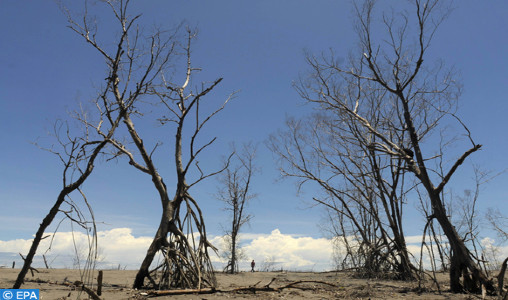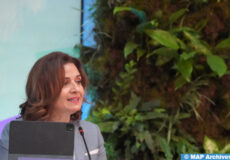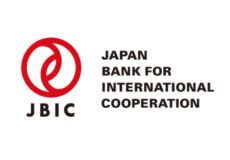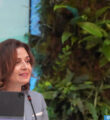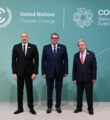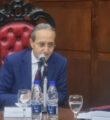Climate Change: UfM Supports Forest, Landscape Restoration in Morocco
Barcelona – The Union for the Mediterranean (UfM) and the Food and Agriculture Organization (FAO) are supporting the project aiming to restore biodiversity in the Mediterranean through the restoration of forests and landscapes, particularly in Morocco.
To support the implementation of forest and landscape restoration practices in the region, the UfM and FAO are promoting the project “Intensifying Forest and Landscape Restoration to Restore Biodiversity and Promote Joint Mitigation and Adaptation Approaches,” UfM told MAP in a press release.
The initiative seeks to strike a balance between restoring ecosystem services related to biodiversity, water regulation, carbon storage and supporting productive land functions for agriculture and other related uses, the statement read, adding that the project proactively involves all land users while applying participatory decision-making processes.
Worth €1,850,000 over a 4-year period, the project represents the Mediterranean component of a larger global project titled “The Paris Agreement in Action: Scaling up forest and landscape restoration to meet nationally determined contributions” (2018-2022).
The endorsement of the Union for the Mediterranean (UfM) has allowed some Mediterranean countries to benefit from specialized technical assistance on combating land degradation and using climate finance instruments.
Regarding Morocco’s case, the UfM reports on a new participatory management plan for the ‘Maâmora Forest’ and restoration activities in the Ifrane Model Forest.
The Maâmora Forest is the largest cork oak forest in the world, located on the Moroccan Atlantic plain between Rabat and Kenitra. Since 1918, the Department of Water and Forests of Morocco has provided impressive efforts for the conservation and development of forests in the region, the UfM noted.
However, despite these concerted efforts, an approximate area of 300,000 hectares of cork oak is today a partially degraded forest due to climate change and unsustainable human activities, according to the same source, noting that systematic collection of acorns for human consumption, overgrazing and timber harvesting have led to severe aridity that has exacerbated the overall loss of the forest area.
With support from FAO, Morocco’s Department of Water and Forests was able to develop a management plan that included participatory capacity-building approaches and a socio-economic development plan, so that local people could play a central role in restoration and conservation efforts to rehabilitate the Maâmora forest.
According to the UfM, the management plan includes the establishment of innovative contracts with local communities to ensure compensation for the temporary loss of grazing in the implementation of restoration projects, stating that this has led to the development of new value chains such as truffle harvesting to provide alternative sources of income for local communities that depend on the forests.
Degraded areas for restoration were identified through a comprehensive assessment of existing restoration best practices and a socio-economic study to assess the current impact of local people on key forest resources.
This management plan will consist of a pilot test on 3,423 hectares of land designated for restoration with the involvement of local stakeholders, the press release concluded.



